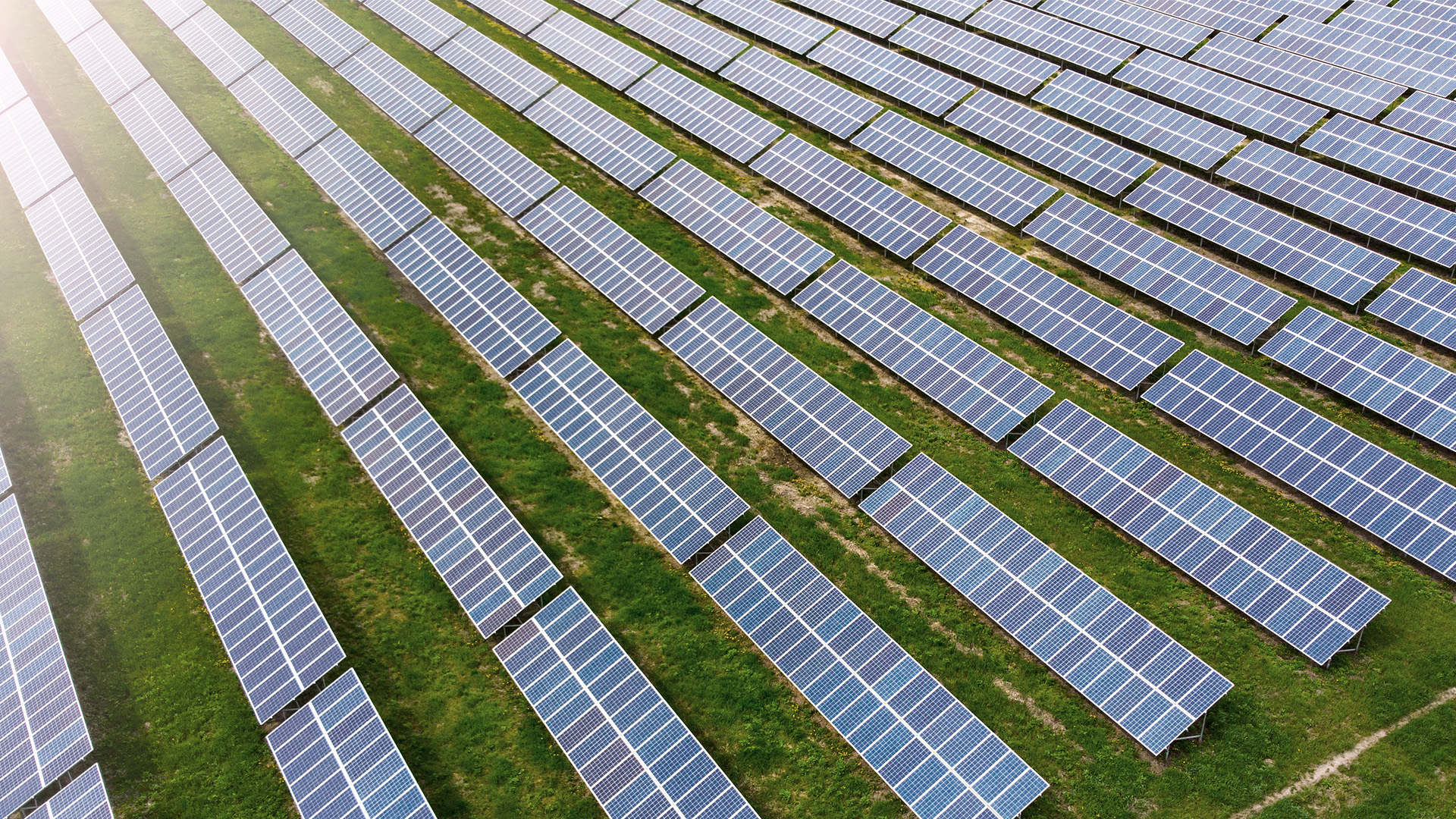In its yearbook decision KHO 2023:33, the Supreme Administrative Court examined whether the purchases that concern the company’s stock exchange listing and the related personnel offering as well as the purchases that concern the sale of shares owned by the company’s existing shareholders were made for the company’s business that is subject to VAT and are thus deductible or whether some of the purchases concern the sale of the shareholders’ shares and are thus a non-deductible purchases for the company.
Supreme Administrative Court issued a yearbook decision on deducting VAT on listing costs



Noora Ahonen & Mikko Alakare
Related services

What was the case about?
A Ltd was the group’s parent company that had been listed in December 2015 and that sold administrative services to other companies in the group. Before the listing, A Ltd’s majority owner was the fund B Limited Partnership, which is managed by the private equity investor C Ltd, and the other largest shareholders of A Ltd were mainly private individuals. A Ltd’s listing was carried out by arranging a share sale consisting of an institutional offering and a public offering, whereby B Limited Partnership and the other shareholders offered their shares in A Ltd for sale. In addition, the company arranged a personnel offering and raised the assets from it. Before the listing, A Ltd had approximately 7.8 million shares in total. The old shareholders sold in total 4 million shares in the listing and received approximately EUR 40.2 million in net assets from the offering. In the personnel offering, a little less than 46,000 shares were subscribed for, and the company raised approximately EUR 300,000 from the offering.
Deductibility of purchases relating to listing
According to the general provision of the Value Added Tax Act on the deductibility of purchases, the person liable to VAT can deduct the VAT payable on purchases that are made for its business subject to VAT. It was deemed that A Ltd’s business as such was fully entitled to VAT deduction. However, taking into account the amount of shares sold by the old shareholders, it was deemed that the listing was not carried out solely in order to raise assets for the company’s business entitling to VAT deduction but partially in the interest of the old shareholders. Due to this, the Supreme Administrative Court ended up deeming, in the same way as the Administrative Court and the Adjustment Board, that the VAT on the listing costs could not be considered fully deductible for the company. The Supreme Administrative Court deemed, however, that only the purchases made for the share sale of the old shareholders and – with respect to the purchases fully concerning the listing – the part of the purchases that concerned the shareholders’ share sale were excluded from the right of VAT deduction. The company was thus entitled to deduct the purchases related to the personnel offering, the part of the purchases that fully concerned the listing and that could not be deemed to concern the share sale of the old shareholders as well as the purchases that were not really related to the share sale but to changes in the company’s business caused by the listing (such as legal and bookkeeping advisory services concerning changes in the company’s business caused by the listing).
Determining and allocating the right of deduction
In accordance with the Value Added Tax Act, VAT can only be deducted from a purchase to the extent the purchase is made for use that is subject to VAT. In this case, the Adjustment Board determined the share of deductible listing costs purely based on the new shares issued in conjunction with the listing in proportion to the total number of shares after the listing. Based on this determination, the company could have only deducted 0.6% of the purchases as general costs relating to its business subject to VAT. The Supreme Administrative Court deemed that the actual allocation of the purchases for different purposes was not presented sufficiently specifically. Basically, the company should have specified for each invoice which purchases were allocated for the company’s deductible business and which for the shareholders’ non-deductible share sale. The distribution ground for the right of deduction should have only been determined after this. The deductible share of 0.6%, as assessed by the Adjustment Board, was deemed to be clearly too low with respect to the fact that only the purchases that concern the sale of the old shareholders’ shares and the share of the total listing costs that concerns the share sale should have been excluded from the right of deduction. The decisions by the Administrative Court and the Adjustment Board were overturned and remitted to the Tax Administration for re-calculation of the deductible share of the listing costs.
How does this affect the future?
The Supreme Administrative Court’s decision is a good reminder that, when it comes to VAT deductions, particular attention should be paid to whether the question is of a purchase concerning the business subject to VAT or whether the right of deduction is restricted, for example, by the fact that the purchase can be deemed to partially concern some other business or perhaps the business of some other person liable to tax. This applies to purchases made within the company’s business as well as to purchases related to ownership arrangements or mergers and acquisitions, for example. As the Supreme Administrative Court deemed in the aforementioned decision, the contents of purchases and their allocation for the VAT deductible and non-deductible share should be determined as specifically as possible. The process to determine the deductible share of the VAT included in the general costs may be complex and time-consuming. We at Castrén & Snellman will be happy to help your company in all questions related to VAT, such as questions related to the general costs.











